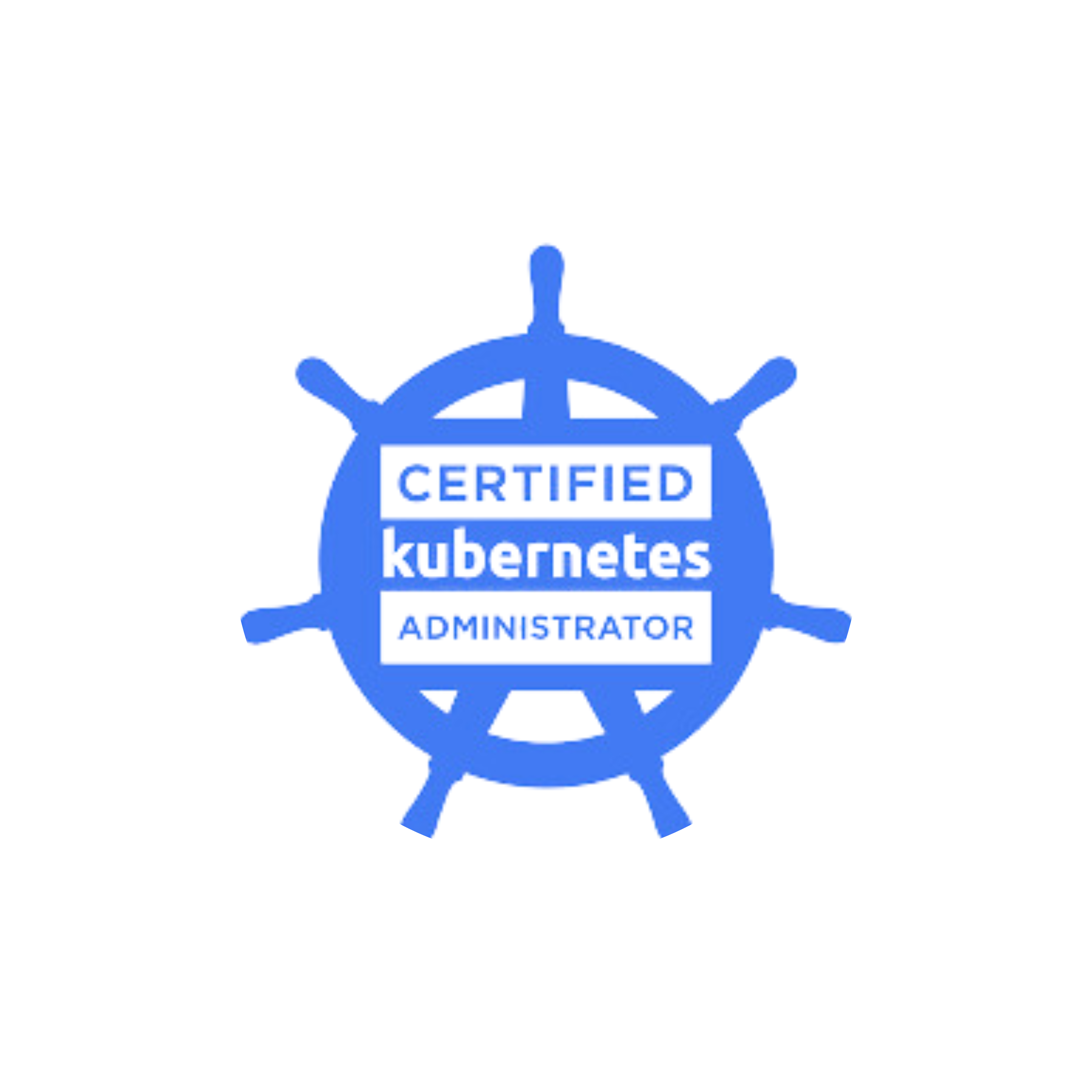
About Course
Understanding and Practice of the Kubernetes Orchestration platfrom administration and
application deployment on kubernetes is the main objective of this program.
Kubernetes is a portable, extensible, open source platform for managing containerized
workloads and services, that facilitates both declarative configuration and automation. It has a large, rapidly growing ecosystem. Kubernetes services, support, and tools are widely available.
- Course Hours : Total course hours is 40 for Certified Kubernetes Administrator Program.
- Class : Total number of class is 20+ for Certified Kubernetes Administrator Program.
- Lab Simulation : Total number of lab is 60 for Certified Kubernetes Administrator Program.
Introduction to Kubernetes
Kubernetes is a portable, extensible, open source platform for managing containerized workloads and services, that facilitates both declarative configuration and automation. It has a large, rapidly growing ecosystem. Kubernetes services, support, and tools are widely available.
The name Kubernetes originates from Greek, meaning helmsman or pilot. K8s as an abbreviation results from counting the eight letters between the “K” and the “s”. Google open-sourced the Kubernetes project in 2014. Kubernetes combines over 15 years of Google’s experience running production workloads at scale with best-of-breed ideas and practices from the community.
CKA CNCF Curriculum
25% – Cluster Architecture, Installation & Configuration
- Manage role based access control (RBAC).
- Use Kubeadm to install a basic cluster.
- Manage a highly-available Kubernetes cluster.
- Provision underlying infrastructure to deploy a Kubernetes cluster.
- Perform a version upgrade on a Kubernetes cluster using Kubeadm.
- Implement etcd backup and restore.
15% – Workloads & Scheduling
- Understand deployments and how to perform rolling update and rollbacks.
- Use ConfigMaps and Secrets to configure applications.
- Know how to scale applications.
- Understand the primitives used to create robust, self-healing, application deployments.
- Understand how resource limits can affect Pod scheduling
- Awareness of manifest management and common templating too.
10% – Storage
- Understand storage classes, persistent volumes.
- Understand volume mode, access modes and reclaim policies for volumes.
- Understand persistent volume claims primitive.
- Know how to configure applications with persistent storage.
20% – Services & Networking
- Understand host networking configuration on the cluster nodes.
- Understand connectivity between Pods.
- Understand ClusterIP, NodePort, LoadBalancer service types and endpoints.
- Know how to use Ingress controllers and Ingress resources.
- Know how to configure and use CoreDNS.
- Choose an appropriate container network interface plugin.
30% – Troubleshooting
- Evaluate cluster and node logging.
- Understand how to monitor applications.
- Manage container stdout & stderr logs.
- Troubleshoot application failure.
- Troubleshoot cluster component failure.
- Troubleshoot networking.
Relevant Bonus Tropics
- Helm.
- Custom Resource Definitions.
- Kubernetes Security.
- Exam Domain Review.
CKA Pre-requisite a Bonus Learning
- Basics of Container.
- Basic Docker Commands.
- Docker volumes.
- Docker networking.
Student Ratings & Reviews

